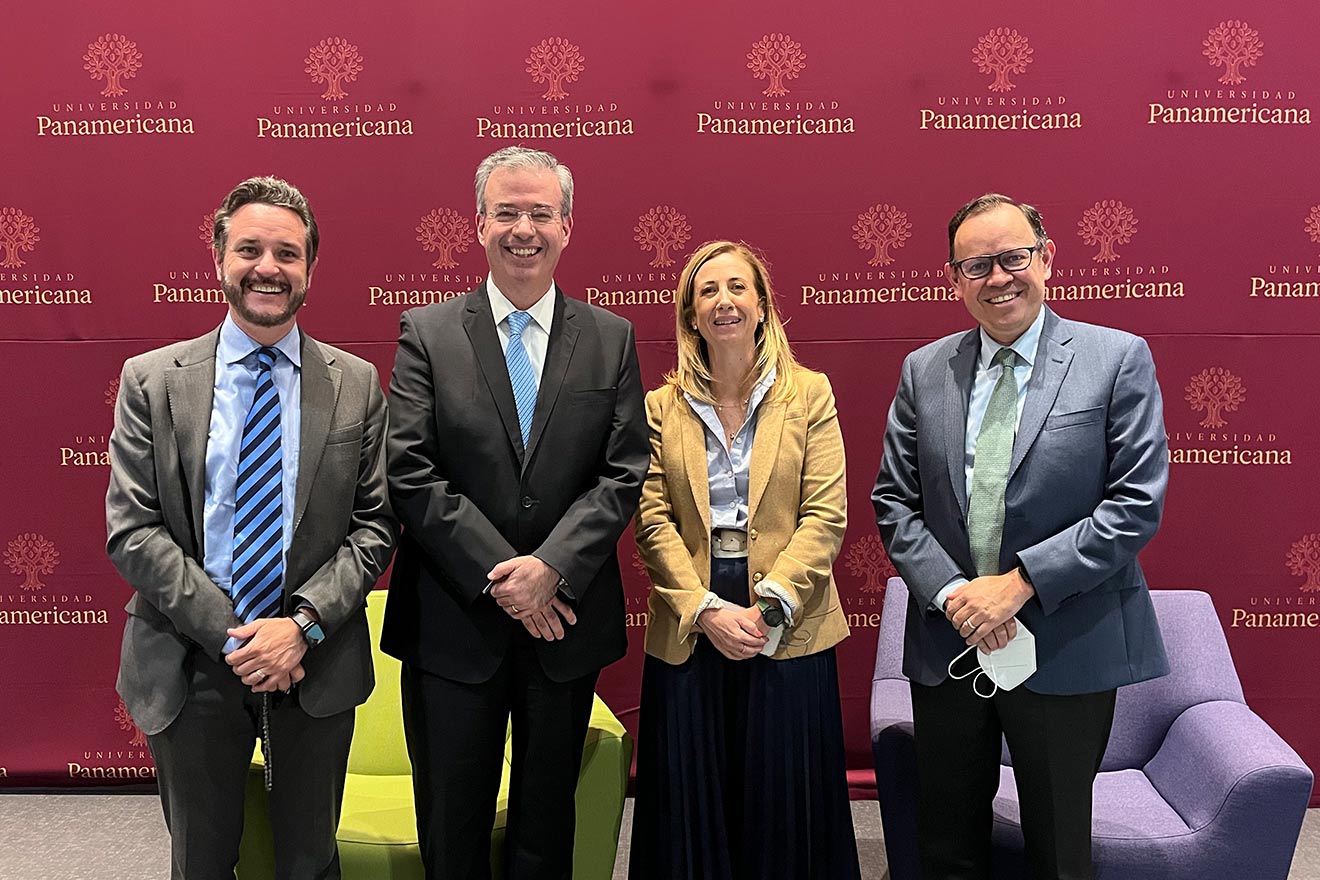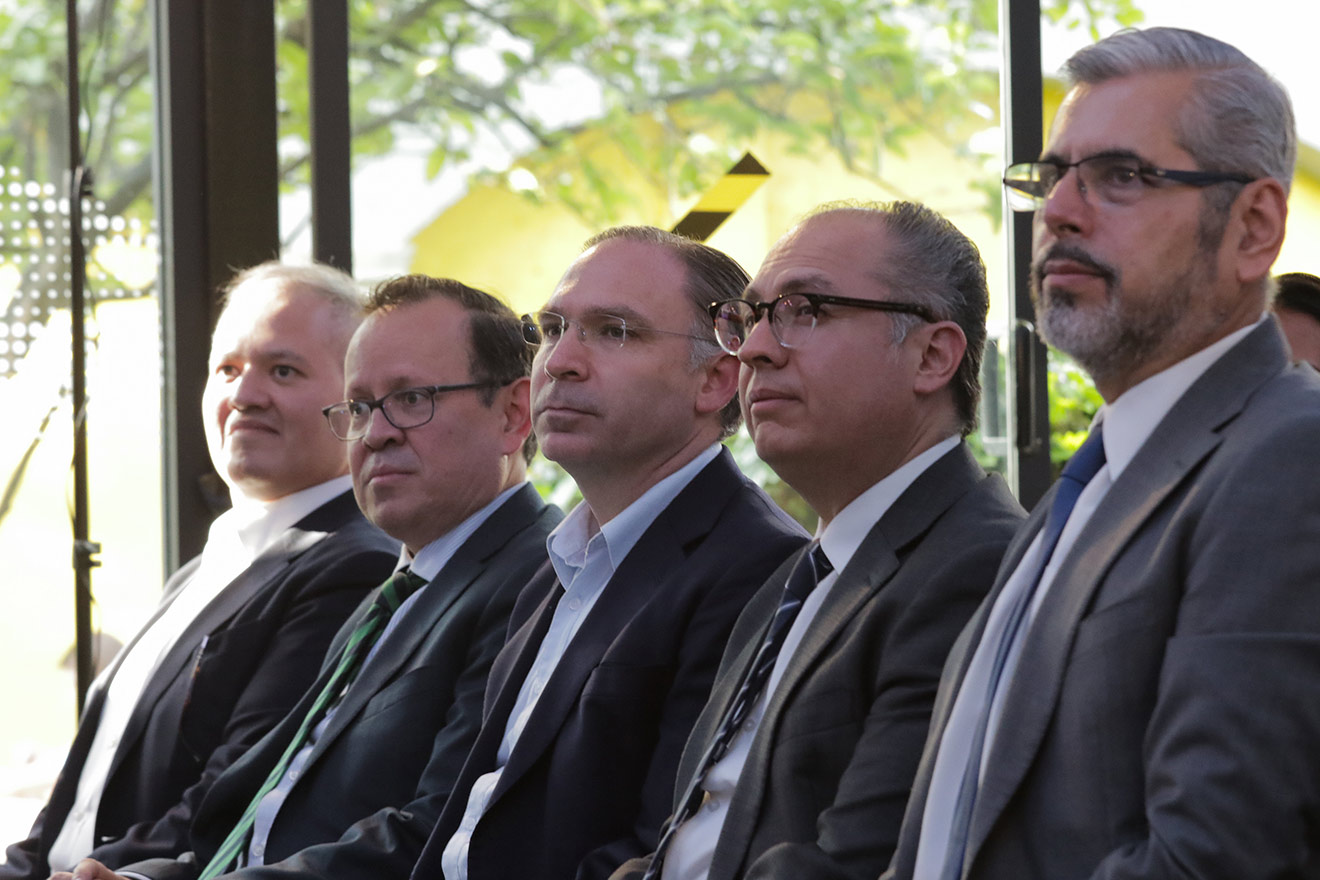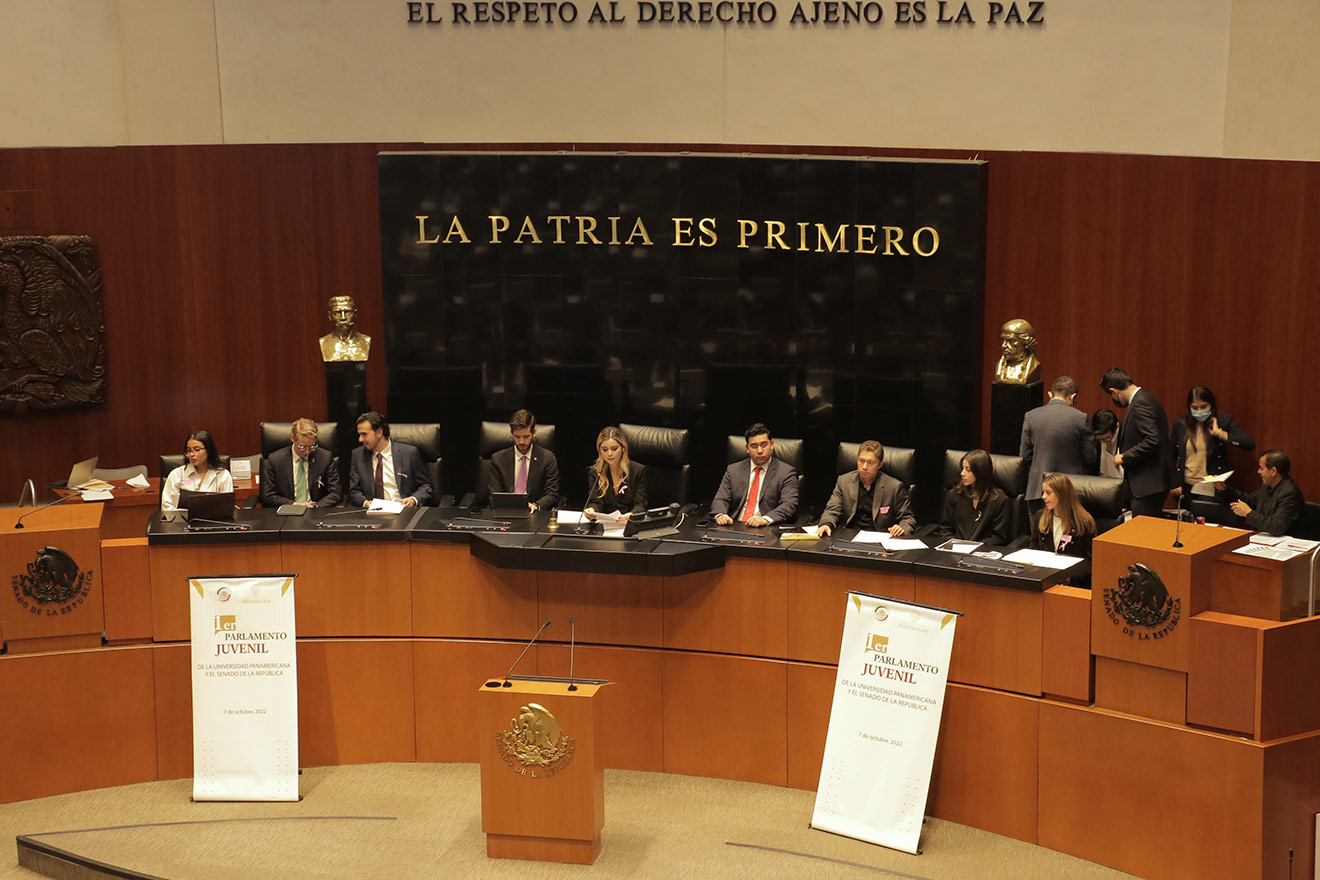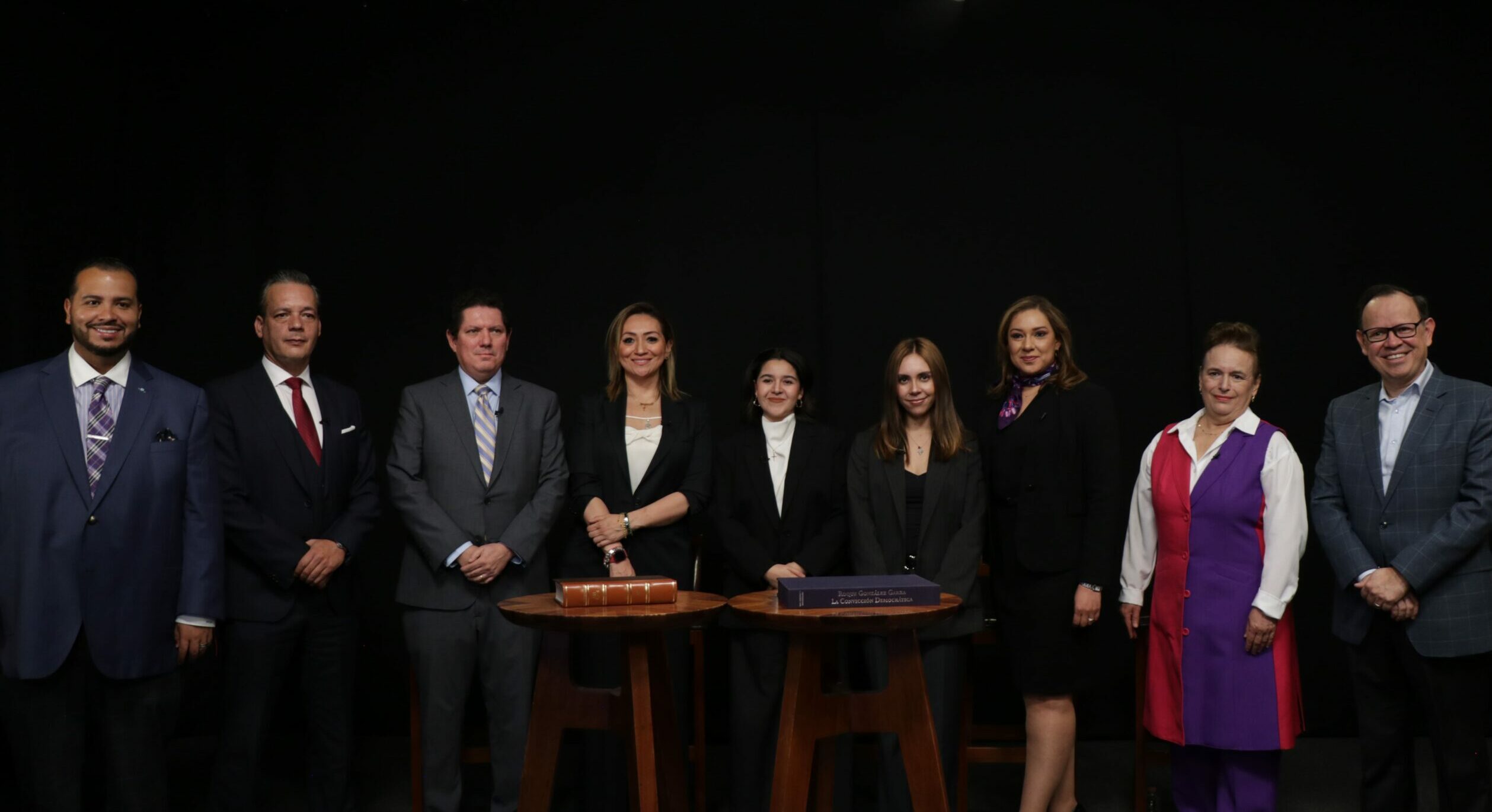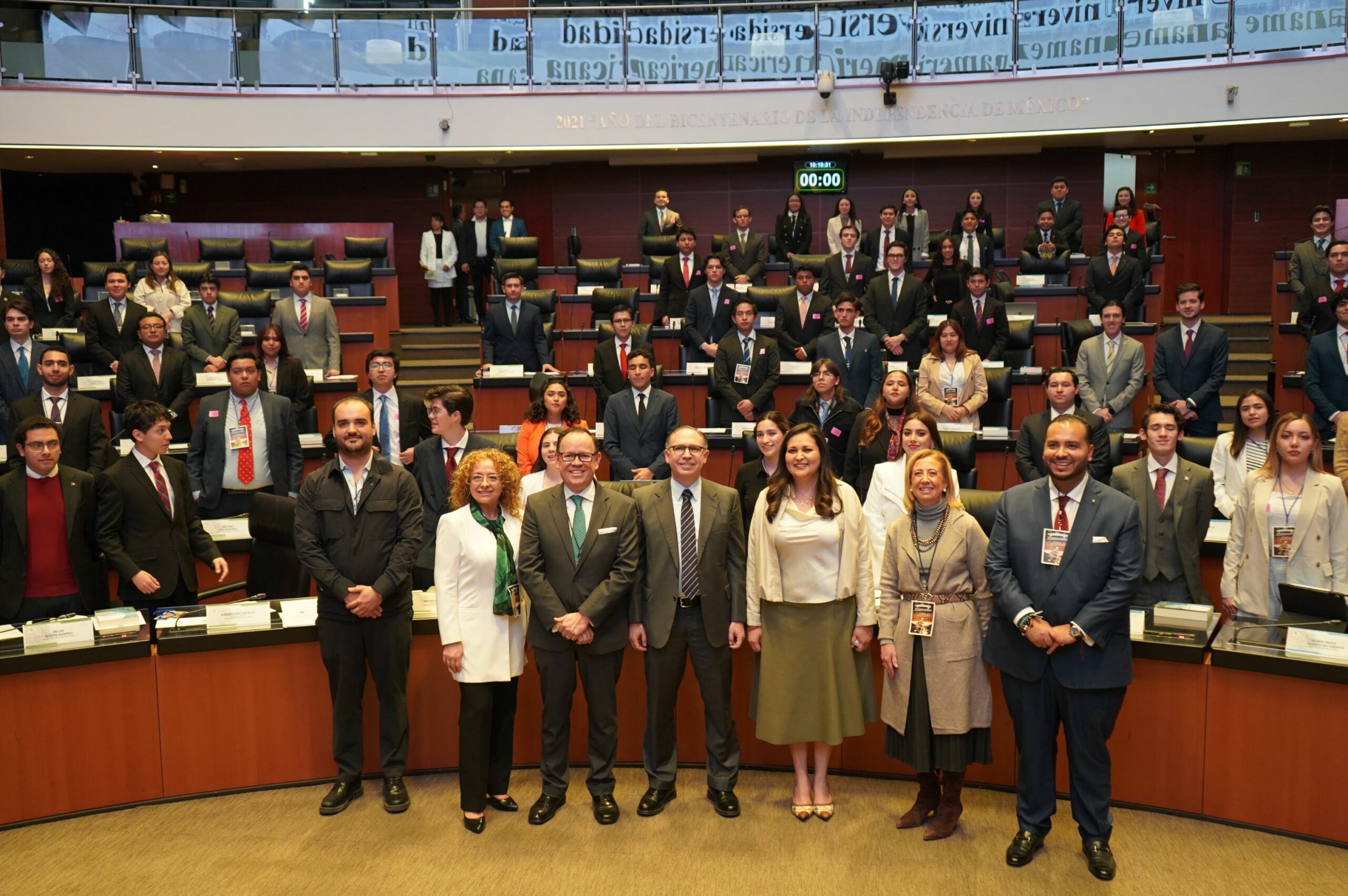Mexico City, July 8, 2024.- As part of the closing ceremony of the Diploma in Diplomacy and Cultural Governance, Panamerican Graduate Studies of the School of Fine Arts and the School of Government and Economics of the University of the Americas held an event in Mexico City on July 8, 2024. Universidad Panamericanaheld the event Signs in Rotation: Diplomacy and Cultural Governance for the 21st Century..
During this session, the following panel discussion was held Cultural Governance: the architecture of sustainable managementBlanca Gómez from the Mora Institute, Cynthia Santoyo from UNESCO and Isabel Gil from the British Council, with the moderation of Edgardo Bermejo, writer and diplomat.

Cultural cooperation
The panel explored how cultural diplomacy in the 21st century has evolved into a complex multilevel dialogue involving governments, civil society, institutions, the private sector and the public sector.
In addition, it was discussed that cultural governance is presented as a way to create structures that enable this new way of conceiving cultural authority, facilitating the participation of various actors in international cultural cooperation.
One of the main themes was cultural cooperation, which aims to foster knowledge and respect for diversity through trusting relationships that promote peaceful coexistence in the international cultural sphere.
In addition, several international instruments were mentioned that facilitate this cooperation, such as declarations and conventions for the promotion, protection and safeguarding of the natural, tangible and intangible heritage.

Current challenges
Cultural governance faces the challenge of including different social and cultural agents in the cooperation process, ensuring the territorial implementation of initiatives and fostering the creation of cultural policies that promote equity and freedom of expression.
One outstanding example was the Yucatan project on Yucatecan Maya embroidery, which illustrates how cultural governance can help safeguard intangible heritage through the collaboration of various actors.
The importance of cultural cooperation in promoting peace and mutual understanding was also stressed, differentiating it from cultural diplomacy. The British Council, for example, operates under the "Arm's length" principle, maintaining an operational distance from the British government to foster trust and cultural cooperation independently.
This enables them to work almost anywhere in the world, promoting the culture and values of the United Kingdom, and tackling significant issues such as identity, mobility, diversity and education.

Initiatives to protect culture
In terms of strategy, several initiatives were discussed, including the incorporation of culture into education systems, the promotion of artistic training, the protection and empowerment of cultural sectors within countries' economies and the defense of cultural rights. In addition, the need to establish more sophisticated indicators to measure the impact of culture on social and economic development was underscored.
The panel concluded by stressing the need to recognize culture as a basic and fundamental right, which should be accessible to all people. It was also emphasized that culture is not only about artistic disciplines, but is also a key element in shaping identity, social cohesion and denouncing social injustices.
Cultural governance must therefore be collaborative, inclusive and oriented towards sustainable development, integrating the perspectives of all stakeholders.

About Posgrados Panamericana
Posgrados Panamericana offers a solid academic preparation combined with the formation of ethical criteria and social responsibility, which are the perfect mix to aspire to professional and life fulfillment.
Learn more about its academic offerings at: https://posgrados-panamericana.up.edu.mx/



